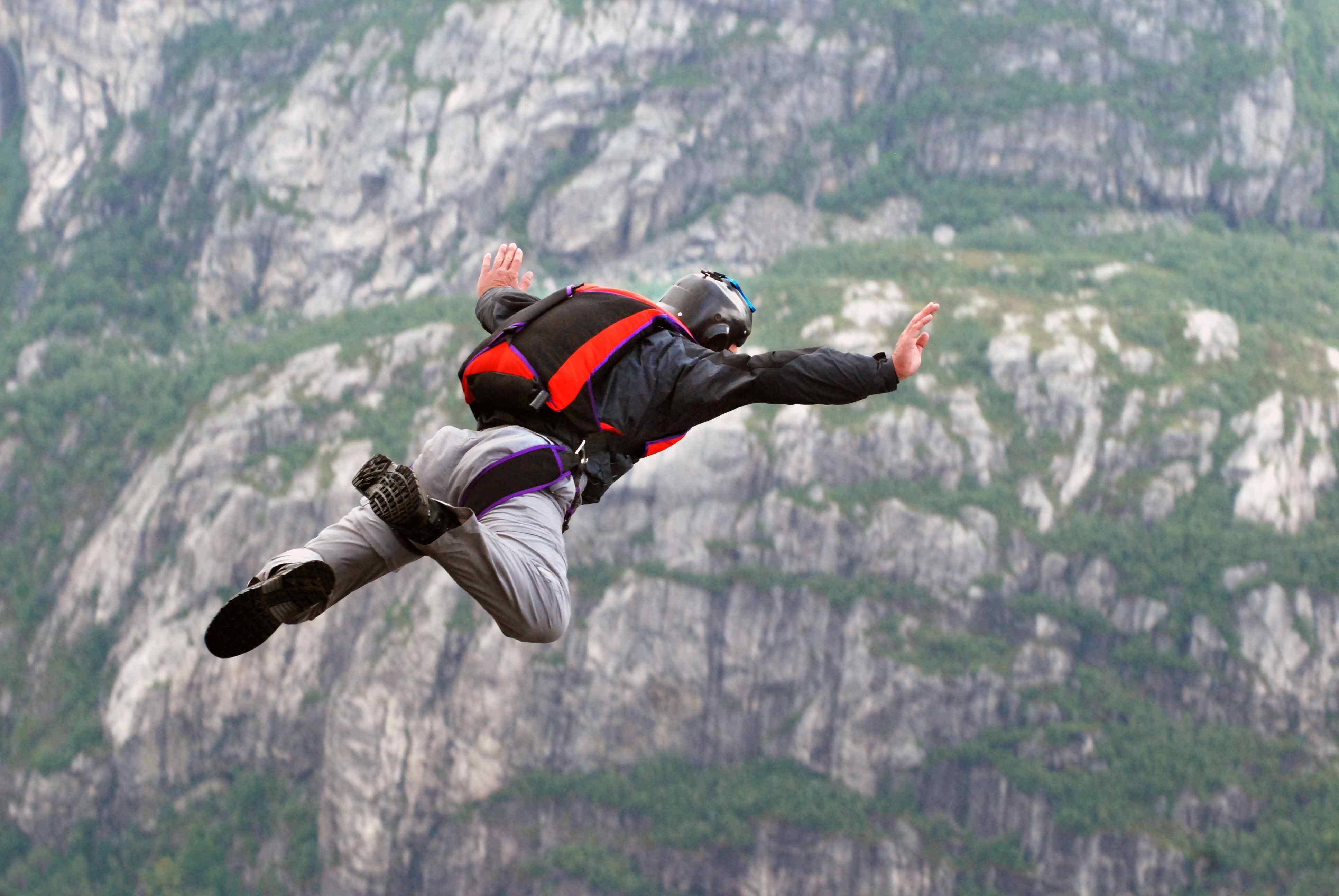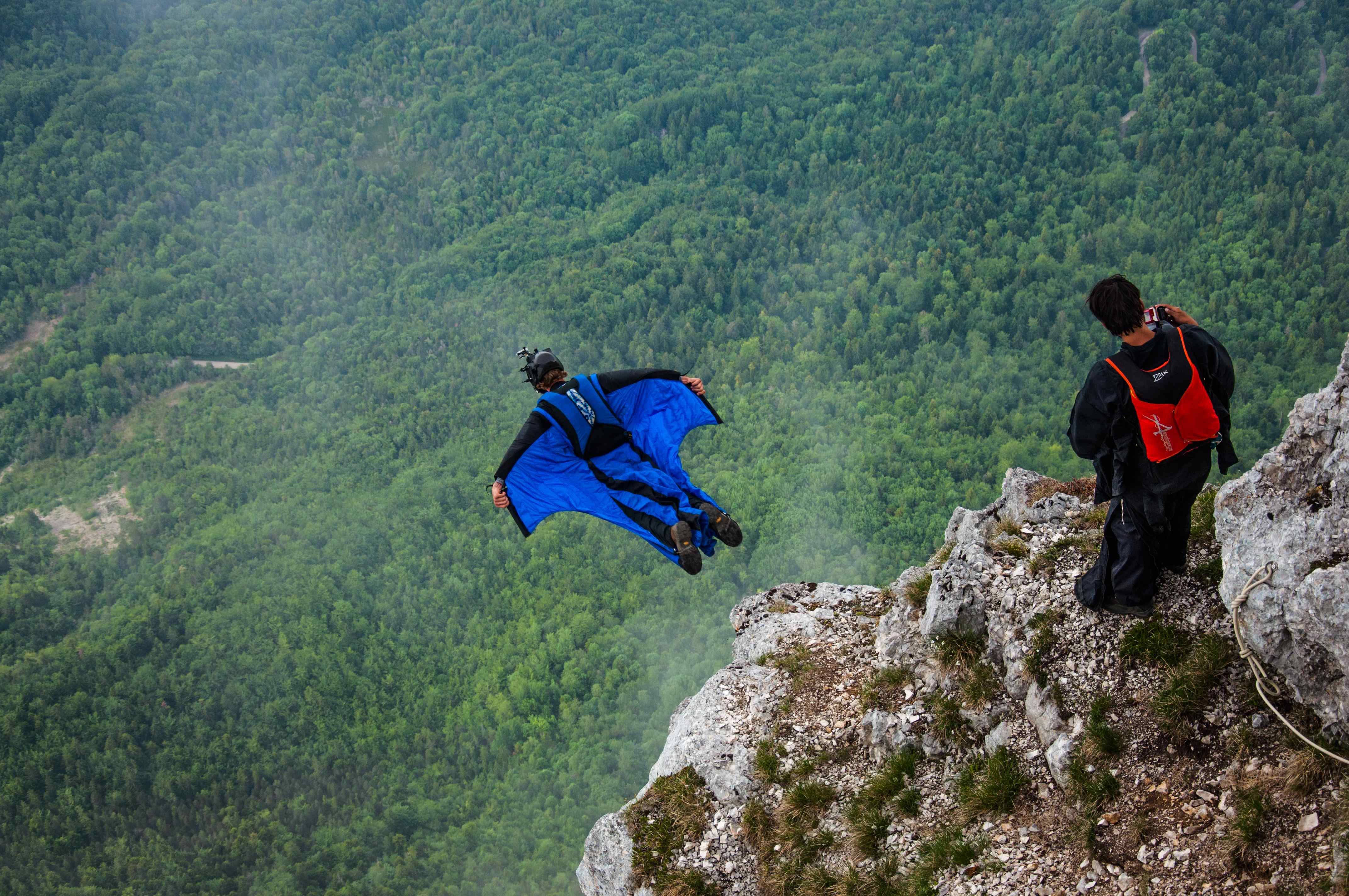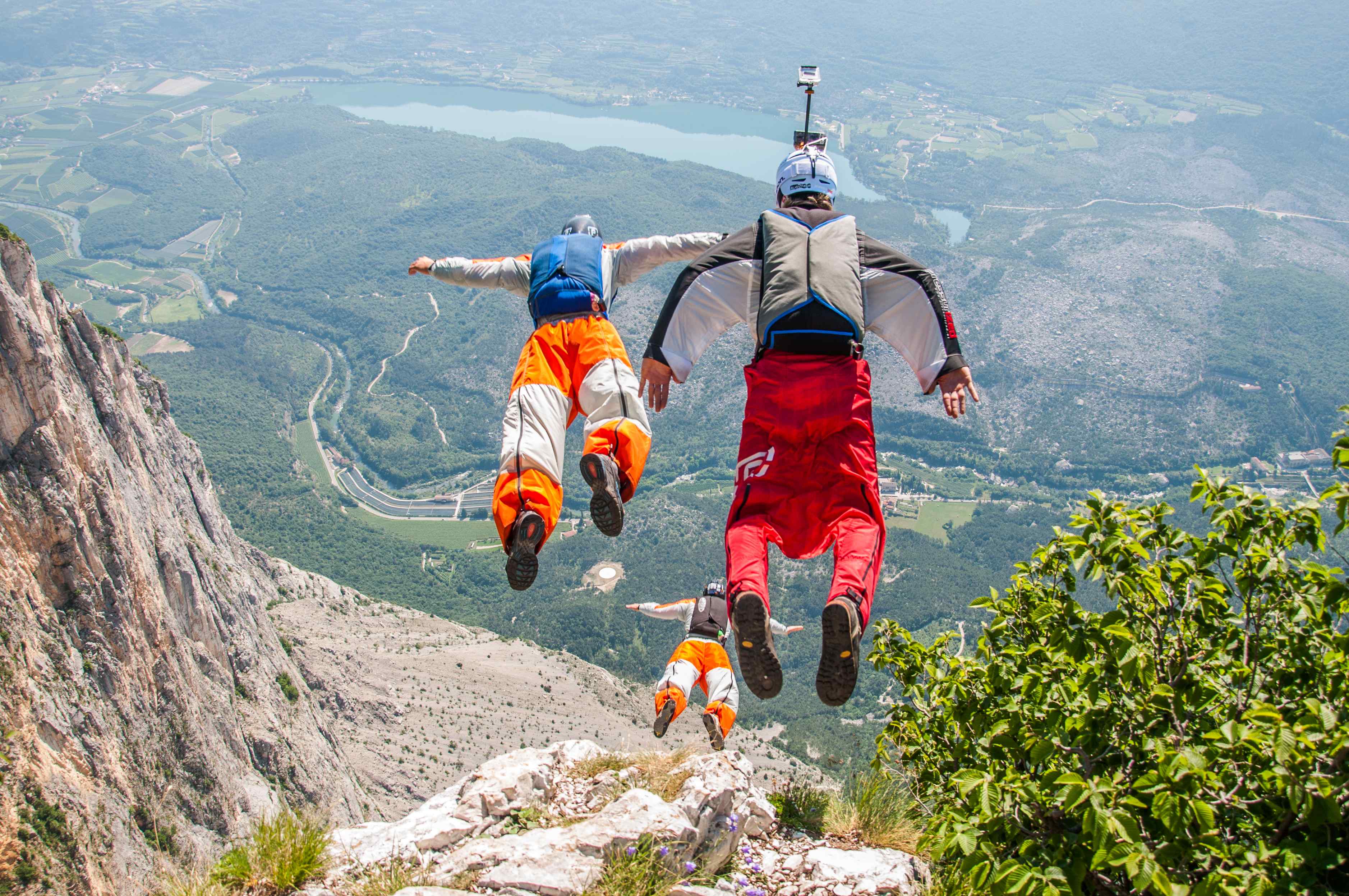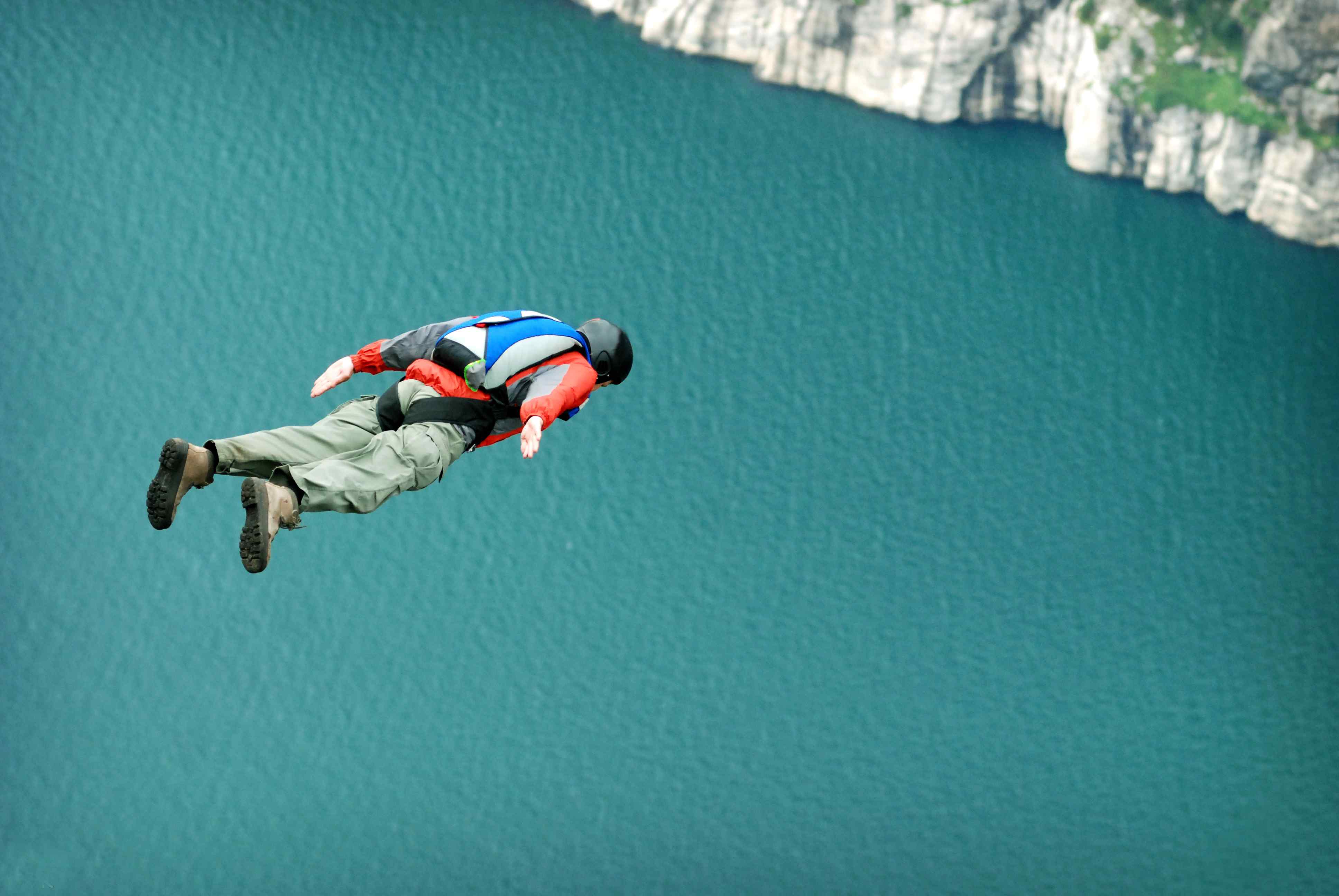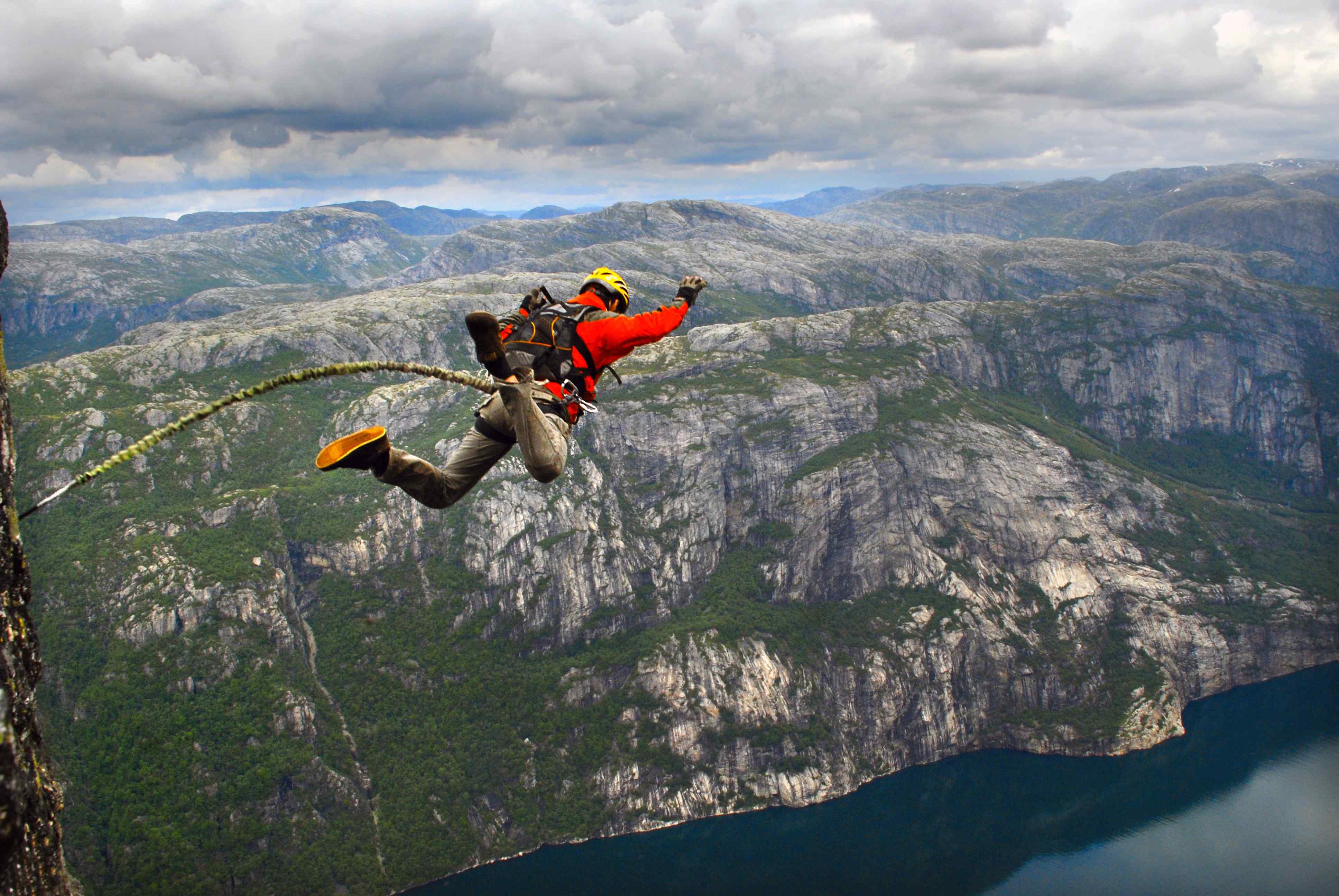BASE jumping is an extreme sport that involves leaping from a fixed object and parachuting to the ground.
This dangerous activity has been around for decades, but the legality of BASE jumping in the United States has been somewhat murky.
Let's take a look at the legal status of BASE jumping in the US and explore some of the reasons why this activity is considered illegal in many states.
Is BASE Jumping Legal in the US?
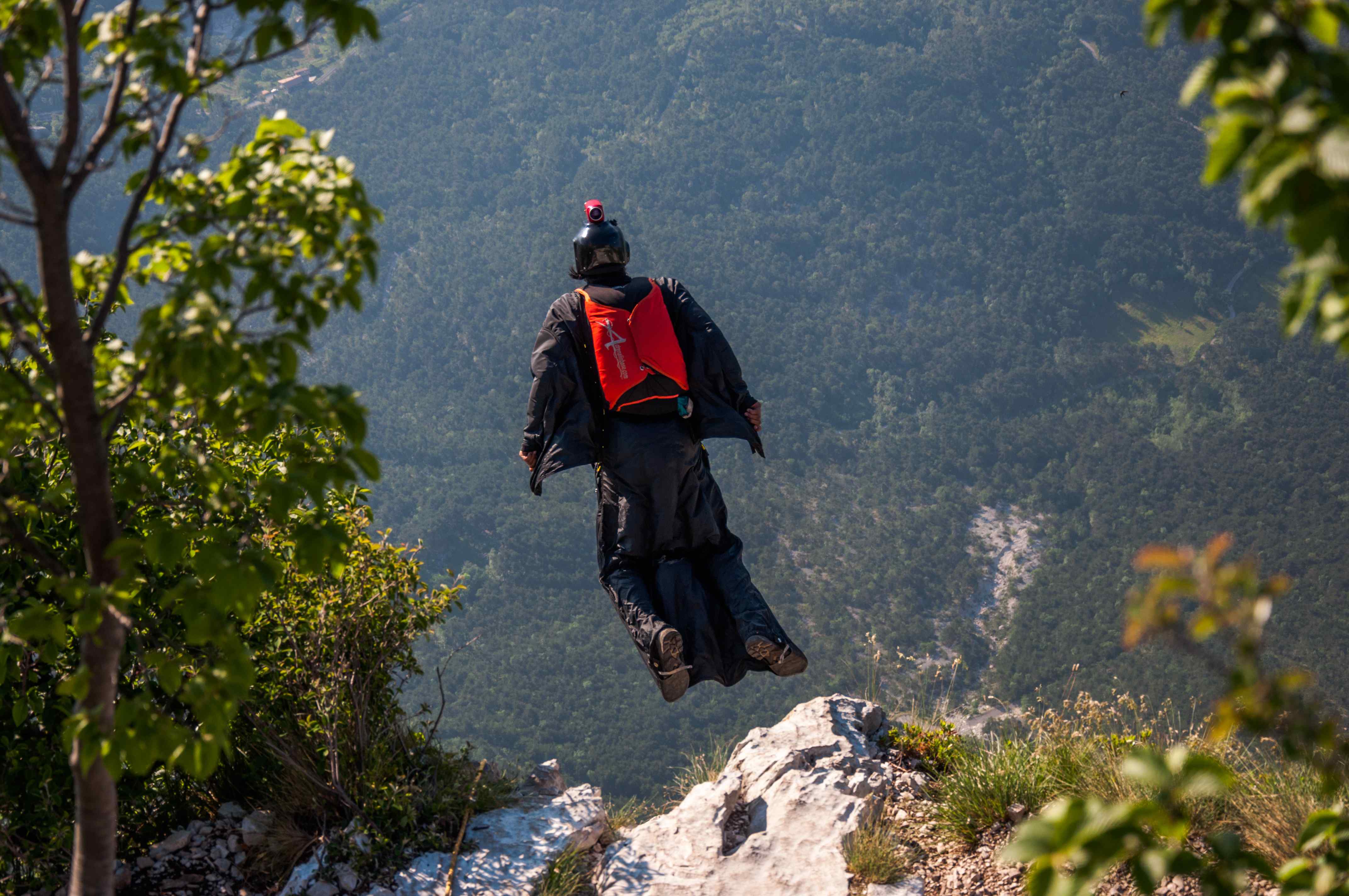
BASE jumping is prohibited in all national parks in the United States but is permitted in the Bureau of Land Management and U.S. Forest Service territories.
Jumpers are also permitted to jump off the Perrine Bridge in Twin Falls, Idaho, and the New River Gorge Bridge in Fayetteville, West Virginia, once a year.
But despite the nationwide ban, BASE jumpers continue to take the risk and jump from other locations, often resulting in citations or arrests.
BASE jumpers can be charged with trespassing, vandalism, and reckless endangerment, depending on the structure.
"BASE jumping isn't a crime," says BASE jumper Alan Lewis of Knoxville, Tennessee. "It's not allowed in most places, so we're faced with having to trespass or do jumps at night, which isn't as safe. I think we're kind of getting frustrated at the whole situation."
Why is BASE Jumping Illegal?
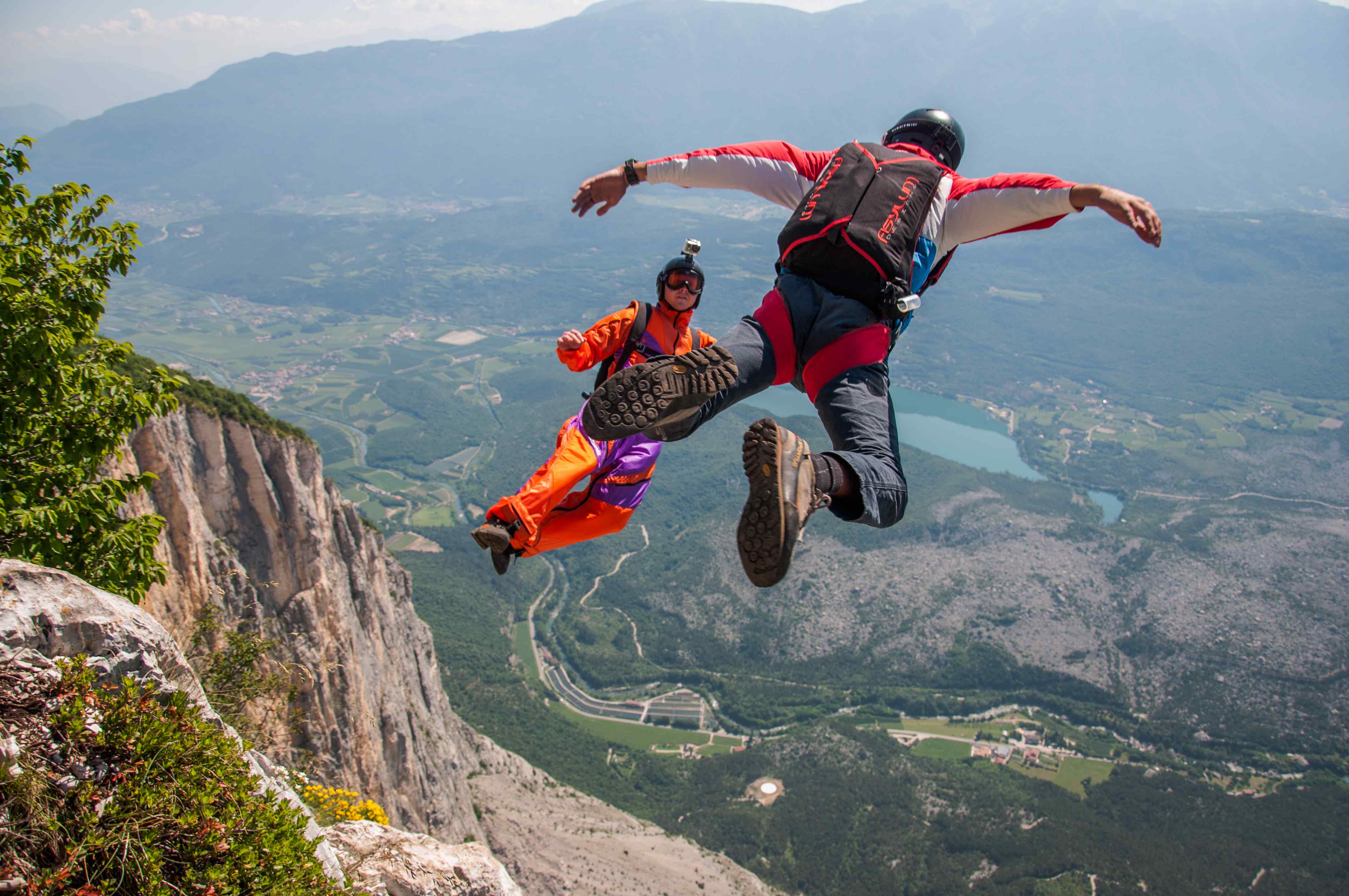
The main reason why BASE jumping is illegal in most states is that it is considered a reckless and dangerous activity.
Due to the potential for traffic congestion and pedestrian injury, certain buildings within cities also label BASE jumping illegal.
In addition, many people believe that BASE jumping should be illegal because it takes away from the experience of other visitors to national parks.
Some also argue that BASE jumpers are putting first responders at risk when they need to be called to the scene of an accident.
Despite the risks, BASE jumping is a thrilling activity that continues to attract participants from all over the world.
Those interested in learning more about this extreme sport should do their research before attempting any jumps and always follow safety guidelines.
Do You Need a Permit to BASE Jump?

At this time, there is no federal law that requires BASE jumpers to have a permit. However, many states require permits for recreational activities such as skydiving and paragliding.
Since the New River Gorge's Bridge Day and Perrine Bridge in Twin Falls, Idaho are the only legal outlets for BASE jumping in the United States, the only qualified jumpers are those who have jumped within the past two years, have already jumped at least one hundred times, and have completed a training course.
Needless to say, the requirements are almost impossible to meet for the average jumper who wants to obey the law, which is why many BASE jumpers continue to take the risk and jump illegally.
It is essential to check with local authorities before attempting any BASE jumps, as penalties for jumping without a permit can be severe.
What do BASE Jumpers Think?

Any BASE jumper will tell you that prohibiting BASE jumping is a waste of time because people will continue to do the sport regardless.
Athletes and policy-makers should collaborate to improve safety. BASE jumping may substantially enhance the security of other extreme sports. As more athletes participate, the sport will become safer.
Sports such as white water rafting, skiing, and hiking have established safety protocols and rules. They also have publicly funded emergency services, which are open to the public.
BASE jumping can be a sport that people may enjoy if they set the proper boundaries, rules, and emergency services.
While understanding the danger still present, they may choose to participate in it knowing that it is as safe as possible.
Conclusion
BASE jumping is an extreme sport that has been around for many years. It is considered dangerous and reckless, which is why it is illegal in most states.
Despite the risks, BASE jumpers continue to do the activity because of the thrill it provides.
It will be interesting to see how the debate over BASE jumping legalization unfolds in the years to come. But before attempting any jumps, be sure to research the laws in your area and follow all safety guidelines.
Happy jumping!

